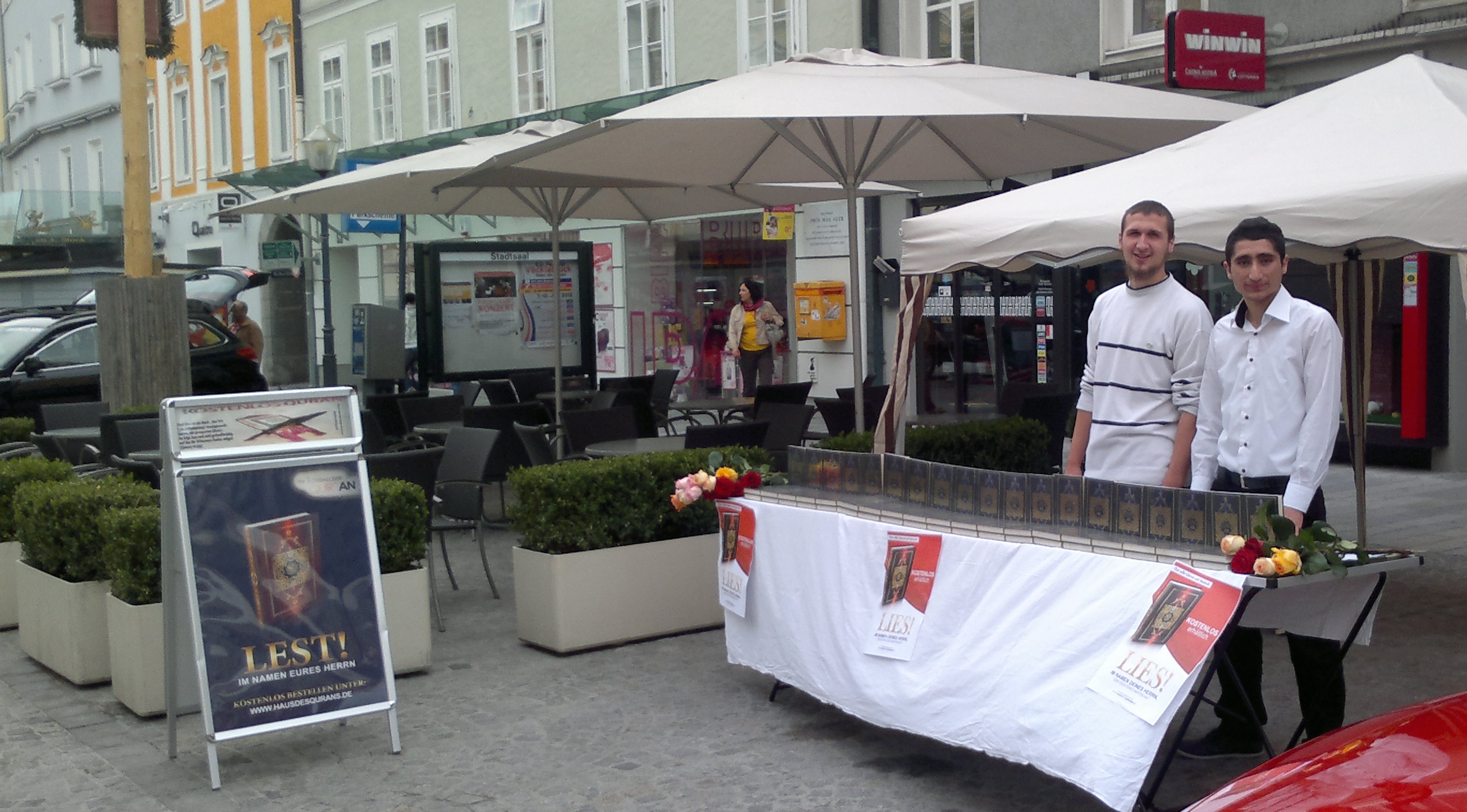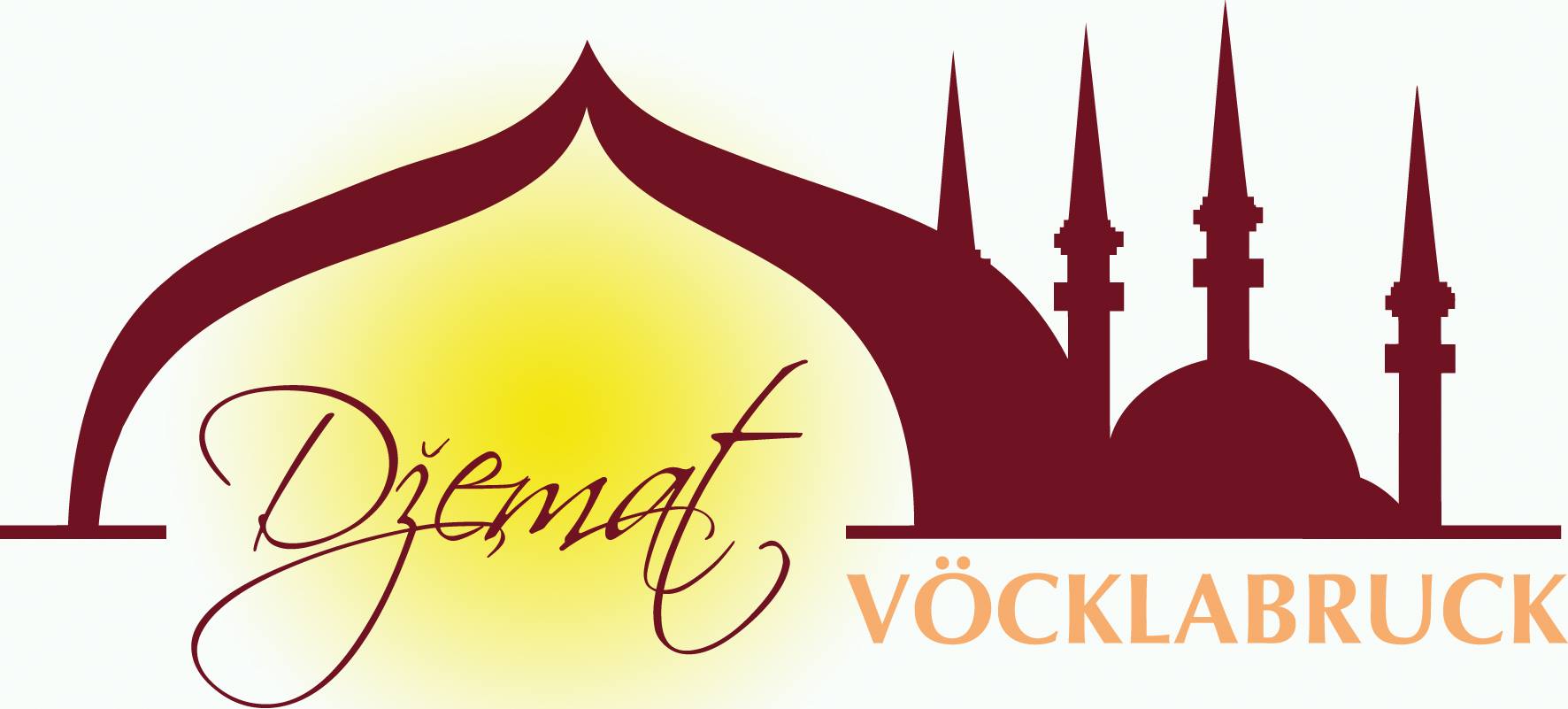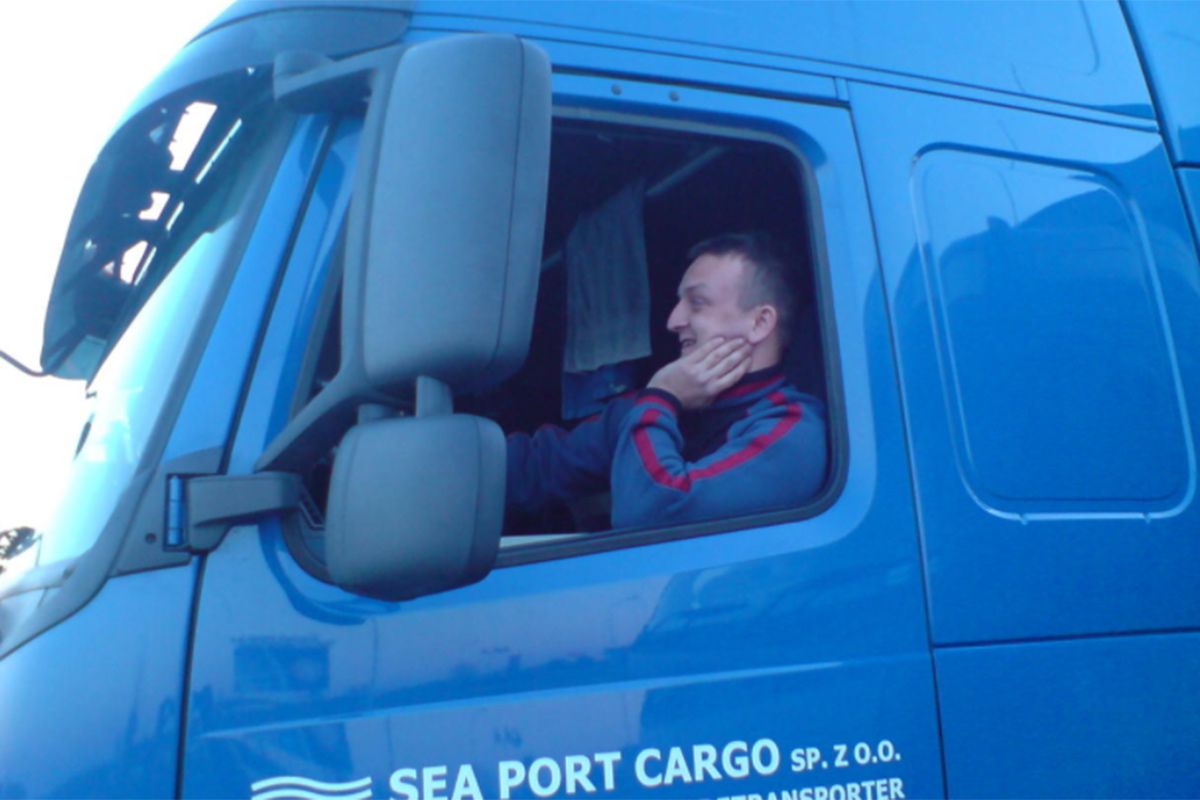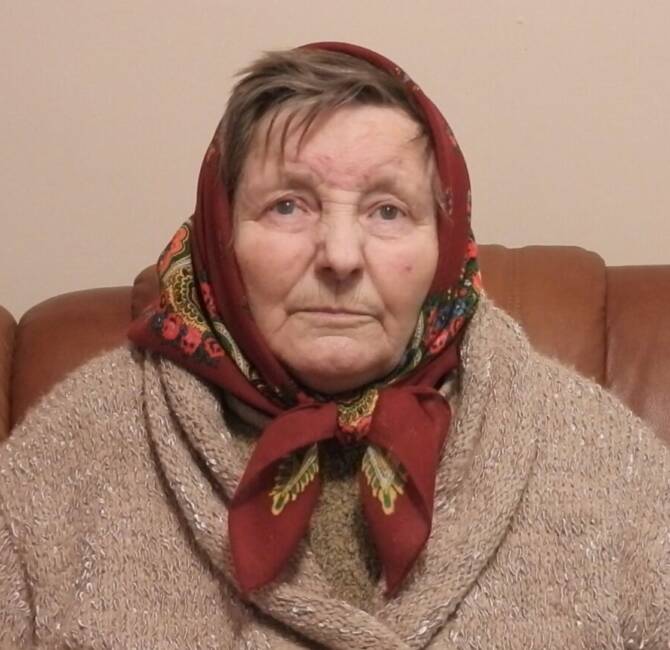This article has been sent to us by citizens’ collective called Bürgerinitiative Zivilcourage (Citizen initiative – civil courage).
Austria, Vöcklabruck – How Bosniaks have used “taqīya” to illegally operate a mosque in Vöcklabruck (Upper Austria) for five years.
Note of the authors: This article is based in part on a recent report published in the Austrian news magazine XLarge [1], but because of the explosiveness and timeliness of the topic, many aspects have been outlined here in more detail and precision.
The word integration exists in Austria only on paper, and in the conceptions of “Foreign and Integration Minister” Sebastian Kurz (ÖVP). In everyday life, integration practically can’t be seen. Especially not in case of those immigrants who have come to Austria with their own political ideas. Muslim Bosnians or, as they call themselves, “Bosniaks”, [2] are such a group. Many of them are not willing to accept the rules of Austrian society and Austrian laws or, worse still, operate upon orders of their country of origin [3].
A Bosniak association of this kind was founded on 7 January 2005 in the Vöcklabruck area (province of Upper Austria). Originally, it called itself “Bosnian-Austrian Cultural Association Vöcklabruck” (reg.number 606968101) and rented a place in Attnang-Puchheim, but appeared in the public from the beginning under the name “Džemat Vöcklabruck”; the Arabic-Bosnian word “džemat” means “Islamic religious community” and is related to “džamija”, i.e. “religious meeting place” or “mosque”.
As in case of all these so-called cultural associations, also these Bosnian Muslims were less interested in culture, but rather in the exercise and dissemination of their Hanafit and sometimes even strongly Salafistic [4] interpretation of Islam. This is also clear from the association statutes, in which the purposes of the association are presented: in addition to “promotion of body sport”, which is evidently only listed for camouflage purposes [5], the “promotion of religious institutions of the Islamic communities” and the “cooperation with persons and organizations with similar objectives” are cited as goals. This refers of course to Bosniak-Islamic institutions and organizations.
As the leaders of the Bosniak association repeatedly mentioned, [6] they had been informed by Vöcklabruck’s mayor Herbert Brunsteiner (ÖVP) about a vacant warehouse building in Vöcklabruck, Unterstadtgries 52, which had been acquired as a result of the former owner’s bankruptcy by a real estate developer in Tyrol. This warehouse building with a floor space of 720 m² (BG 50325 EZ 687) was offered separately from the rest of the building. It is located in the middle of a fast-expanding residential area and is accessible only by an underpass under the surrounding residential buildings. (The mayor, on account of his activity at that time, does not appear to be fully impartial in the matter, which may explain some of his later reactions.)
By purchase contract dated 25 February 2009 [7], the association bought this warehouse including a total area of 720 m², apparently without first clarifying the rights of use as this is habitually done [8]. As it is unlikely that this important fact has been simply ignored, it can be assumed that at that time there were already certain commitments concerning future land use permissions in which the buyers trusted. But it is also apparent how strong was the conviction of the Bosniaks that they can ignore the interests of the local residents, and thus the entire legal order. The purchase price of 280,000 euros was only appropriate in this respect (i.e., by expecting a “reclassification of the property at the expense of the neighbors”); other buyers would have offered only one-third of this price for a property ripe for demolition (i.e., basic price minus demolition costs). [9]
Payment of the purchase price was made in four installments, apparently not without financial support from Bosnia, since from there also the Imam of “Džemat Vöcklabruck” was nominated. [10] The purchase rates were secured by means of a bank guarantee, and the collateral was again secured by a mortgage (maximum of EUR 210,000) in favor of the bank. [11]
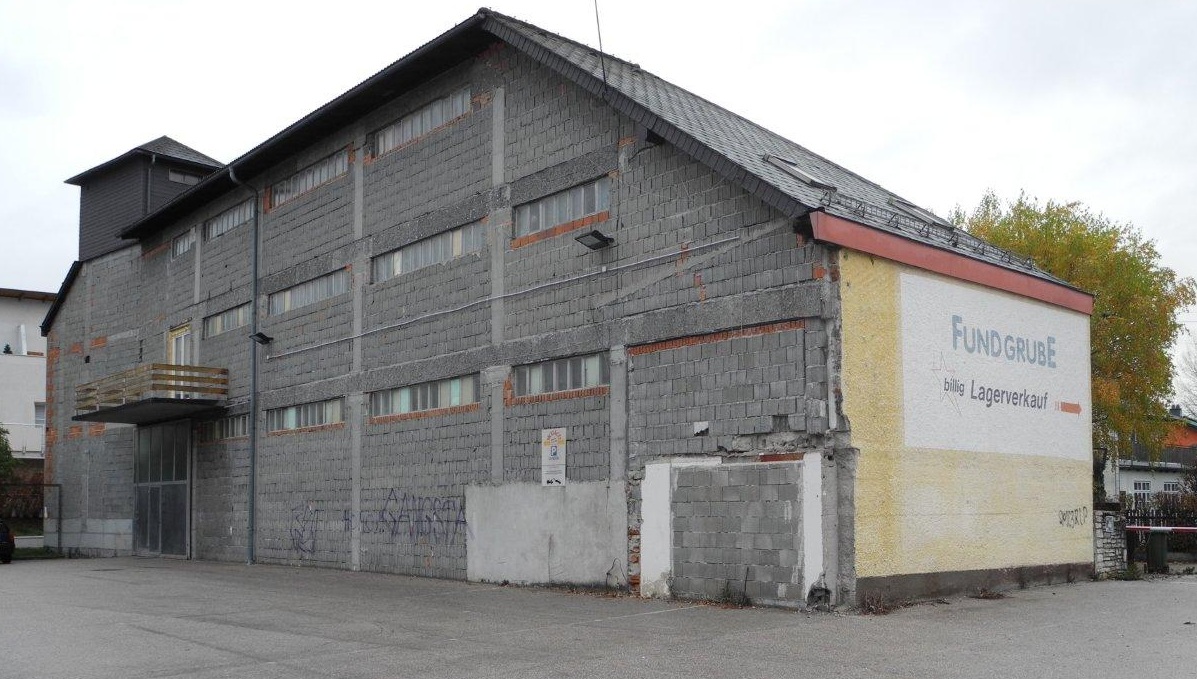
On 17 November 2011, the “Bosniak-Austrian Cultural Association” made a public project presentation. A resident reported:
The association, which officially calls itself “Bosniak-Austrian Cultural Association”, presented itself on 17 November 2011 to the residents living in Unterstadtgries. It was expressly emphasized that the association will not carry out the operation of a mosque. However, contrary to all promises made, the mosque operation was started almost immediately after the presentation, without any approval, i.e., illegally. [12]
It took only a short time and the residents were plagued by high noise pollution due to structural conversions, which were carried out without building permits. Especially intensive was the noise during the nightly Ramadan celebrations in 2012, as a consequence of which the residents also found their parking spaces regularly occupied by foreign vehicles. The municipality of Vöcklabruck and the police were bombed with complaints.
The association had – for a good “formal” reason – less than a hundred registered members. It soon became apparent that of the 95 registered members 92 were men. [13] However, the city police regularly counted more than 120 male participants during the Friday celebrations of the association, plus many women and children. During ceremonies and larger events, more than 250 persons were counted, at certain festivals even about 300 persons. The tactics of the Bosniaks were easy to understand and were also clearly expressed in their later application for a building permit (2016). For up to 100 people, fewer emission inspections are required and a permit for the use of the building for more than 150 persons would require approval according to the regulation about types of businesses. It appears, therefore, that the motivation of the Bosniaks was to pursue their own advantage by circumventing existing town planning regulations and ignoring the interests of the residents. [14] [§§]
The population also expressed massive criticism of the municipal administration. Annoyed neighbors complained that the city’s officials did not (want to?) recognize the problem and since five years had only acted half-heartedly and thus de facto tolerated an illegal operation of a mosque.
As early as 2011, the Bosniaks had attempted to reach a reclassification of the property, but over 130 residents expressed their opposition by signing a protest petition. What’s more, on the occasion of the before-mentioned presentation of the association’s project on 17 November 2011, mayor Herbert Brunsteiner (ÖVP) clearly pointed out that the Bosniaks have to file a building application and that a procedure with neighborhood participation has to be carried out.
However, the Mayor’s demand for filing a building application was simply ignored by the Bosniaks. Instead, as already mentioned above, renovations were illegally carried out in the spring of 2012. In early summer of 2012, an opening ceremony was held with more than 300 people present, and in July, the residents had their first chance to realize what night-time Ramadan celebrations that extended until the twilight hours in the morning mean for their night’s rest. The authorities, however, kept silence.
One of the neighbors summed it up neatly: “Politically elected mayors often come from social professions and improve their salary by means of political electoral success. Such mayors, however, appear to be completely overburdened when it comes to real decisions in matters of fact and when they are confronted with groups of citizens who are showing an unreasonable behavior. “
In 2012, a Salafist-oriented [4] Koran distribution campaign took place in Vöcklabruck that aimed at recruiting converts to Islam and supporters of Salafism. One of the distributors in Vöcklabruck was clearly a Slavic type (see photo below) [15]. The Austrian authorities, however, did not see any reason to intervene in spite of clear warnings they had received from their German colleagues.
In 2015, by filing an (informal) “registration” for a prayer room located in the upper floor, the Bosniaks attempted to circumvent a (formal) “application for the building permission” which would have to take into account the interests of its neighbors; however, they were met with a rebuff by the city authorities and subsequently by the Upper Austrian Administrative Court. [16] The same thing was tried again by filing a “registration” of a prayer room on the ground floor, but also in this case the Upper Austrian Administrative Court dismissed a complaint of the Bosniak Association against a negative decision of the Council of the Municipality of Vöcklabruck and referred it back to the lower authority for a better explanation [17].
On 23 July 2015, the Bosniak Association, after long hesitation (or for tactical reasons), submitted an “application for the building permission” (i.e. application for a procedure which would take into account the interests of its neighbors) as recommended by the Mayor already in 2011, together with an application for a change in the intended use for the building, as well as its reconstruction, rehabilitation and conversion, allegedly for the activities of the association. [18] The actual intended use of the building as a cult room (mosque) was not mentioned because a private-law association was not entitled to do so according to the new (Austrian) Act on Islam which had been adopted in the same year. [19] The Mayor dismissed this request on 26 January 2016, and on 8 April 2016, the Municipal Council refused to allow an appeal filed by the Bosniaks.
In the justification of their appeal, the Bosniaks paraphrased the purpose of their planned prayer room very tactically but little Islamic-oriented:
► Meeting place for members of the Association
► Use for spiritual and religious cultural exchange
► Baptisms of newborns
► Religious marriages (no celebrations)
► Devotions in case of bereavement
► Place for meetings or discussions
► The multi-functional room is not intended for the purpose of organizing musical events (e.g., concerts, wedding ceremonies). [18]
Non-Bosnians have not yet been aware of Islamic baptisms. But apparently, in order to have better chances, the Bosniaks wanted to adapt themselves visually to local Christian customs. [§§]
After receiving a further request of the building authorities to describe the use of the prayer room more precisely, the association made the following statement in a letter dated 2 December 2015 (shortened):
\”For individual prayer, the prayer room can be used from 06:00 am until 9:00 pm. An average of five persons is expected for group prayers during the week, perhaps ten persons during weekends, and approx. 20 to 25 people during the week in Ramadan. On Fridays, the Friday prayer takes place at 1:00 pm, and a participation of 100 persons can be expected. Visitors usually arrive via public roads. “[18]
100 visitors – as previously recorded visitor numbers had shown – is referring only to men. Women and children are not counted. [§§] The fact that the figures mentioned in this statement are not correct, but purely “cosmetic”, and that they should serve to “calm the authorities”, was also known to the authorities as a result of ongoing police observations. However, there was no response from the authorities concerned.
Why such applications are not examined by the authorities concerned for their plausibility is difficult to understand. For example, an Islamic expert such as Dr. Amer Albayati, who is well acquainted with the local conditions and who also advises the local residents, could immediately show the “conscious omissions” of the Bosniaks in the above application or in their statement. [20]
Because of the entry into force of the Act on Islam [19] or perhaps also for other external reasons, which are still not fully known, the Bosniak association had to rename itself and also had to change its statutes. According to an update in the public register of associations, it calls itself now “Bosniakisch-Österreichisches Kultur- und Bildungszentrum Vöcklabruck” (“Bosniak-Austrian Cultural and Educational Center Vöcklabruck”). Listed in the first place among the purposes of the association is the “cultivation of Bosniak-Islamic culture and tradition as well as Muslim history, with a special focus on Bosniak history”. In the second place, there is “cultivation of Islam as a cultural association in cooperation with the Bosniak religious community of the Islamic religious community in Austria, with the exclusion of any religious or political activity; in particular, the association does not aim at spreading the Islamic doctrine of faith.”
The purpose of the renaming is obvious: “cultivation of Islam as a cultural association”, i.e. Islam not seen as a religion, but as a culture! The name “Cultural and Educational Center” intends, at the same time, to include the building as well. And nothing of the sort of “exclusion of any religious activity”: cultic practices (prayers) continued, of course, to the full extent, as was regularly observed by the police. [§§]
The Bosniak association in Vöcklabruck also claims to be a member of the “Islamske zajednice Bošnjaka Austrije” (IZBA, lit.: “Islamic Community of Bosniaks in Austria”), which implies that they claim to belong to the Islamic religious community. In support of this claim, the association has even invited a representative of the Islamic Religious Community in Austria (IGGiÖ), Carla Baghajati, who is known for her proximity to the Muslim Brotherhood which plays an important role in IGGiÖ. All these attempts obviously intend to underline that the Bosniak association in Vöcklabruck is entitled to operate a mosque. However, the Bosniak association in Vöcklabruck is not a member of IZBA, as IZBA has confirmed upon request by Xlarge magazine, and as can also be seen on IZBA’s website (as of April 2017). [21]
Nevertheless, on 5 April 2016, the Bosniak association in Vöcklabruck dared to make a complaint to the regional administrative court. In a hearing, on 7 December 2016, the court dealt extensively with the different arguments. The town of Vöcklabruck was represented by several competent employees. This was criticized by legal experts, as a representation in such a delicate matter should be carried out by a lawyer who is also familiar with the procedural law, and not by employees who can only defend their own work. This also seems to have escaped Mayor Herbert Brunsteiner. [22]
The complaint filed by the Bosniak association concerning its “application for a building permission” was rejected by the Upper Austrian Administrative Court in its judgment of 11 January 2017 [18]. However, both the court hearing on 7 December 2016 and the otherwise well-reasoned judgment failed to address some important points: namely, the long-standing illegal operation of a mosque and the extensive harassment to which the residents have been exposed to for years.
There was also another procedure, which also ended before the Upper Austrian Administrative Court. The room on the ground floor for which the Bosniaks filed an application for using it as a prayer room (it was previously actually used as such) had originally, in 1976, only been approved for use as a display and storage space. This approval permit expired in 1981. The City Authority had determined that this space was not suitable as a prayer room and that the actual use as a prayer room was contrary to the approval decision of 1976, which was why this use was to be prohibited.
The Bosniak association appealed against this decision. The reasoning was somewhat peculiar: according to Article 15 of the State’s Basic Law (Staatsgrundgesetz), every legally recognized church and religious community has the right to public exercise of its religion, the Islamic Religious Community in Austria (IGGiÖ) being such “a recognized church and religious community”. The question can remain open whether IGGiÖ can be seen as a church or not. But the Bosniak association in Vöcklabruck is not identical with IGGiÖ, nor is it a subsidiary or a member of IGGiÖ.
A court ruling of 17 January 2017 [23] rejected also this complaint. The Bosniak association is no longer allowed to operate a prayer room (“mosque”) in Unterstadtgries 52. Already on 11 January 2017 its attempt to file a “registration” (without neighborhood participation) for a prayer room on the ground floor had been rejected. [18]
In their third attempt, the Bosniaks now want to reach a reclassification of the property, as if the regional planning ordinance and building regulations could replace the mandatory rules of the Austrian Act on Islam. Whether mayor Herbert Brunsteiner (ÖVP) can withstand this political pressure remains to be seen, as the spokesman and secretary of the Bosniak association, Rusmir Smajlovic, is a substitute member of the town council on behalf of the Socialist Party (SPÖ) and its cashier Enver Zdero is also a Socialist party functionary; both of course are vigorously active in lobbying. Thus even the local Integration Commissioner of the People’s Party (ÖVP) received “applause from the wrong side” for his submissions in favor of a reclassification. [24]
In Austria, if one does not immediately say yes and amen, one quickly becomes an “Ausländerfeind” (enemy of foreigners, or xenophobe) and a racist; in such cases, politicians who feel committed to “political correctness” prefer to ignore their own population and their people’s concerns.
A prelude to an anti-racism campaign was staged in Vöcklabruck from 16 to 23 March 2017 under the slogan “International Weeks (sic!) Against Racism”, proclaiming the motto “With solidarity and offensively against anti-Muslim racism!” In fact, the whole event was an afternoon meeting that took place on 18 March 2017 in the premises of the local Chamber of Labor. One of the podium participants was:
__ Adem Hasanovic, MA
__ Imam, Bosniak Association “Džemat Vöcklabruck” (sic!)
Also the poster carried the mosque logo of “Džemat Vöcklabruck” [25]
Stefan Maier, chairman of the local Socialist Party (SPÖ), gave a welcome speech as city councilor of the municipality of Vöcklabruck and was placed in the center of the group photo taken on this occasion. [26]
The fact that the “Bosniak-Austrian Cultural and Educational Center Vöcklabruck” continues to be a mosque operator is demonstrated in particular by the Facebook page of the association [27], where the same is also referred to as “Džemat Vöcklabruck” (i.e., “Islamic religious community Vöcklabruck”), and presents typical “friends” as well as photos and content, e.g. recently (entry of April 12, 2017): “Džuma-Namaz je sutra u OKH Vöcklabruck, to je objekt gdje je bila stara Bolnica u Vöcklabrucku” (“The Friday Prayer will take place tomorrow in the OKH Vöcklabruck, which is where the old hospital of Vöcklabruck was located”).
Because of the high penal sanctions in case of disregard for a judgment of the Upper Austrian Administrative Court, the only thing that happened was that the association relocated its public prayers to other, “neutral” places. In other words: mosque operation continues, albeit in a variety of external locations. [§§]
Here, even before dealing with questions of reclassification of the property, the authorities would have to intervene, specifically the authority supervising associations (Vereinsbehörde). It’s as simple as that: an Islamic cult institution can only be operated if it is carried out within the framework of a public-law religious community belonging to the “Islamic Religious Community in Austria” (IGGiÖ). As the Bosniak association in Vöcklabruck does not fulfill this requirement, the Austrian Act on Islam would have required the authorities to dissolve this association with a deadline ending already in 2016. [19]
Thus, the question arises: how long can the Bosniaks still fail to abide by the Austrian laws?
Conclusion:
If the physical proximity of an “association or center with nightly activities” mainly during the weekends disturbs the natural calm in a residential settlement and if, in addition to that, proven attempts are made to leverage the residents’ interests and thus the entire legal system, a permanent conflict is pre-programmed. The latent conflicts become more and more instead of less. Avoiding such a situation was, however, the clear intention of the legislator of regional planning in the province of Upper Austria.
“You can fool all the people some of the time and some of the people all of the time, but you cannot fool all the people all the time.” (Abraham Lincoln, Milwaukee Daily Journal, October 29, 1886)
__________
Notes:
[1] https://www.xlarge.at/?p=2999
[2] The term “Bosniaks” was used for the first time in the Austro-Hungarian military. Today, the Bosniaks (Bosnian: Bošnjaci, singular: Bošnjak) are one of the South Slavic ethnic groups with about three million members who live primarily in Bosnia and Herzegovina, Serbia and Montenegro. In 1993, this term replaced the former official designation of Bosnian Muslims as “Muslimani u smislu narodnosti” (“Muslims in the sense of nationality”). The Bosniaks are today, together with Croats and Serbs, one of the three constituent peoples of Bosnia and Herzegovina, according to the country’s constitution. See: https://en.wikipedia.org/wiki/Bosniaks
[3] „Sarajevo will bosnische Vereine in Österreich an die Leine nehmen“ (“Sarajevo wants to keep Bosnian associations in Austria on a short leash”), Neues Volksblatt, 7 April 2017 http://www.ekiw.com/images/pdf/VoBl_BosnischeVereineOOE.pdf
[4] Salafists are followers of an idealized early Islam. As per intelligence gathered by the security authorities, they aspire to an Islamic theocracy which is incompatible with Western democracy.
[5] It is not known whether, and in what form, the association has ever promoted body sport as one of its purposes. It can rather be assumed that this is a deliberate concealment of the true intentions, see note [§§] (at the end of this article).
[6] Vis-à-vis the spokesman of the residents’ protest movement and visd-à-vis a former city council of the Socialist Party (SPÖ).
[7] http://www.ekiw.com/images/pdf/KVbkv2009.pdf
[8] When a property is purchased, the purchase contract usually provides for a suspensive effect until the rights of usage are clarified (i.e., until an official permit for this usage has been issued).
[9] In mathematical terms, trust in commitments concerning future land use permissions (“we shall receive the permission”) has lead to the following calculation:
1. the seller, Pletzer GmbH [Pletzer Anton Leasing u. Verwaltungs GmbH FB 293173m 6361 Hopfgarten im Brixental, Tyrol, signatorey KR Anton Pletzer, certificate of registration 551/2009], has achieved a much higher price than would have normally been possible;
2. the Bosniak cultural association as a buyer has spared approx. 200,000 euros in comparison to other alternatives;
3. both “profits”, however, are “at the expense of the neighbors”, because a (statutory) assessment of loads in the case of a reclassification of the property would lead to a reduction of the residents’ property values by approx. 2.5 million euros as a result of the loss of residential quality;
4. mayor Brunsteiner, who has initiated the transaction, has since been the “tip of the scales” and hopes for votes from new voters; this initial situation seems to have a considerable influence on his present attitude.
Since a non-compensatory devaluation of property is not EU-compliant, the municipal council could be sued for damages or would have to offer the local residents a corresponding compensation for damages. The justification is obvious: regional planning procedures provided under Upper Austria’s laws are an expression of the legislator’s intention that such devaluation of assets must be avoided. Who ignores this, de facto abolishes the rules of regional planning!
[10] http://ekiw.com/images/pdf/KonkursImam.pdf
[11] BG 50325 EZ 687: C-Ln 7 a 2045/2010 Pfandurkunde 2009-07-03
[12] In addition, the Christian residents of the area have no precise notion of what is meant by “operation of a mosque”: a Christian church merely serve the religious cult, while gastronomic and other celebrations take place in the inn nearby, the municipal council holds its meetings in the town hall, and a local shop is always separated from the church. In a “mosque”, however, all these gatherings and events are concentrated, that is, a “mosque” corresponds to “church, eating house, town hall and shop in a single building “. It’s quite obvious that this misunderstanding, or ignorance, of people of another faith was deliberately exploited: a classic case of taqīya. [§§]
[13] According to a list (as of April 2015) attached to the request for a building permit which was filed with the municipal office on 28 July 2015. A copy of this list has been made available to the residents.
[14] Other applicable mandatory regulations are provided by fire protection concepts and regulations, provisions for the marking of escape routes, etc. – As a general reference, see: https://www.ris.bka.gv.at/NormDokument.wxe?Abfrage=LrOO&Gesetzesnummer=20000870&FassungVom=2016-05-21&Artikel=&Paragraf=1&Anlage=&Uebergangsrecht
[15] http://ekiw.com/images/bilder/Lest.jpg
[16] http://www.lvwg-ooe.gv.at/5990.htm
[17] http://www.lvwg-ooe.gv.at/9455.htm
[18] http://www.lvwg-ooe.gv.at/Entscheidungen/2017/151017.pdf
[19] The Act on Islam (“Islamgesetz”) of 2015 expressly prohibits the operation of a mosque by private-law associations and permits this only to so-called “cultic communities” (“Kultusgemneinden”) that are authorized by the public law (§ 8 in conjunction with § 31 (3) IslamG). See: https://www.ris.bka.gv.at/GeltendeFassung.wxe?Abfrage=Bundesnormen&Gesetzesnummer=20009124
[20] http://www.initiativeliberalermuslime.org/
[22] On the day of the hearing of the Upper Austrian Administrative Court, on 7 December 2016 in Linz, four men of the municipal office were present to defend their own work; these employees should have been heard as witnesses, as is legally customary and as was the case also with the Bosniaks.
[23] http://www.lvwg-ooe.gv.at/Entscheidungen/2017/151031.pdf
[25] http://ekiw.com/images/bilder/AntiislamRassismus.jpg
[26] http://ekiw.com/images/bilder/AiRspoe.png
[27] https://www.facebook.com/dzemat.vocklabruck/
[§§] We recommend our readers to at least check out the wikipedia page about the concept of Taqiya.


